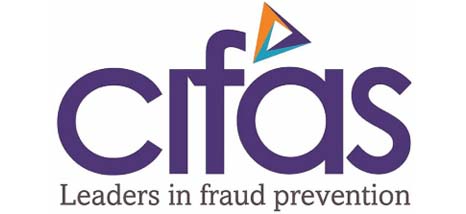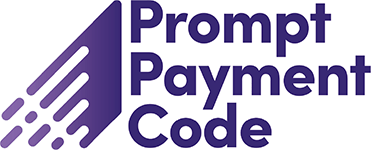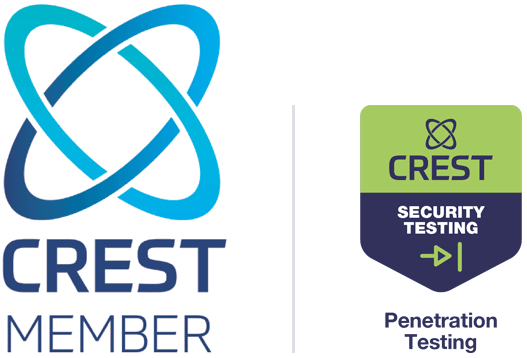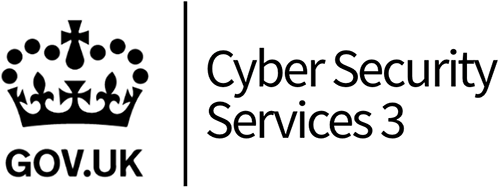Business Continuity
Preparing for the unexpected
Business disruption is inevitable. From natural disasters and ransomware to political unrest and pandemics, organisations face constant threats. What matters is how well you respond.
At Toro, we work with organisations to develop comprehensive Business Continuity strategies that help minimise disruption, safeguard assets, support people, and preserve customer confidence even under extreme circumstances. Whether you’re starting from scratch or refining an existing plan, our tailored services are designed to help you prepare, adapt, and recover.
Free consultation

Protect your Business. Build trust. Unlock growth.
What is Business Continuity?
Business Continuity refers to an organisation’s ability to maintain essential functions during and after a disaster. It focuses on ensuring minimal disruption to operations, safeguarding critical data, and keeping communication flowing with staff, customers, and stakeholders.
A Business Continuity Plan (BCP) outlines procedures for responding to different types of disruption. It includes backup solutions, staff assignments, emergency contact lists, and communication strategies to keep the business running.
Why Business Continuity matters
In a world where every second counts, Business Continuity Planning is essential for both survival and growth. Here’s why it should be at the top of your strategic priorities:

Minimising downtime
Every hour of downtime translates into lost revenue, productivity, and credibility. A solid BCP reduces recovery time by enabling a structured and timely response to incidents.

Protecting revenue and market position
Competitors may not be as prepared. A resilient business can continue serving clients and capturing opportunities while others struggle to recover. This positions you as a trusted, reliable provider.

Ensuring compliance with industry standards
Many regulatory bodies and industry frameworks require organisations to have formal continuity measures in place.

Workforce assurance
and morale
Employees need clarity and confidence during uncertainty. Knowing there’s a plan in place and understanding their role within it can significantly boost morale, trust, and coordination in high-stress situations.

Faster and more coordinated recovery
Recovery is smoother when roles are defined, and actions are rehearsed. A tested continuity plan eliminates confusion and enables your business to resume operations quickly and effectively.

Brand and reputation protection
Public perception is shaped in moments of crisis. Businesses that respond with transparency and continuity build lasting trust with customers, investors, and partners.
Managed Security & Consultancy
People focussed
At Toro, people are at the core of everything we do – our team, our clients, and the partners we collaborate with.
We prioritise building trusted relationships, delivering consistently high standards, and providing tailored support that reflects the unique needs of every client.
Free consultation
Why Toro for Business Continuity?
We think like the attacker
Toro’s approach begins with understanding the mindset of your adversary. By thinking like attackers, we proactively identify and secure gaps before they’re exploited, ensuring your operations continue even under threat.
Converged Security = Fewer blind spots
Toro breaks down silos between physical, cyber, and your people. Our converged security model ensures a unified, 360-degree view of risk across all domains.
Highly experienced team
Toro’s team consists of highly experienced individuals from cyber security, intelligence, physical security, and enterprise risk management. We’ve led Business Continuity programmes across critical infrastructure, finance, government, and many other sectors.
Resilience built in, not bolted on
From incident response playbooks to real-time threat simulation, we embed continuity into your business strategy not as an afterthought, but as a core design principle.
Toro’s 3-phase Business Continuity approach
Toro’s approach is dissected into three key phases: Discovery, Development, and Training. Each stage is essential to delivering a complete and resilient Business Continuity Programme.
Phase 1: Discovery
Purpose: Understand your current resilience posture.
In this phase, we perform a detailed Current State Recovery Gap Analysis across your organisation’s functional areas. This includes a tailored business continuity audit, documentation review, and stakeholder engagement to identify existing practices and determine where improvements are needed.
Outcome: A comprehensive report identifying your current business continuity position, gaps, and a roadmap to full programme development.
Activities include:
- Project initiation meeting
- Creation of business continuity templates and stakeholder plans
- Interviews and functional assessments
- Findings workshop and next-step planning
Phase 2: Development
Purpose: Create and implement your Business Continuity Programme.
Based on Phase 1 findings, Toro either leads or supports the creation of all necessary documentation, tools, and governance structures. From policy writing to scenario planning, we ensure your organisation is covered from all angles.
Possible deliverables:
- Business Impact Assessments (BIA)
- Business Continuity Policy and Plans
- Risk Scenario Playbooks
- Defined Team Roles and Responsibilities
- Continuity Toolkits and Dashboards
This phase transforms insight into action laying the foundation for a fit-for-purpose, operational BC strategy.
Phase 3: Training
Purpose: Build internal resilience and readiness.
A plan is only as effective as the people who deliver it. Toro’s training phase ensures your Business Continuity Team (BCT) is prepared to act under pressure. Our expert-led training covers both theory and practical execution.
Outcome: Teams that are confident, coordinated, and capable of managing any disruption.
Training activities include:
- Tailored course content
- Tabletop exercises and simulations
- Post-training debriefs
- Continuous learning materials
We offer four levels of business continuity training, each balancing realism, quality, and value for money.
How often should a business continuity plan be tested?
A business continuity plan should be tested regularly to ensure it is effective and that teams are prepared to respond to a real disaster. Testing should include:
- Tabletop exercises: simulated scenarios where the team discusses and practices their response.
- Full-scale drills: real-world tests that involve all critical stakeholders and systems to validate recovery processes.
- Incident simulations: specific tests, especially for cyber events like data breaches or ransomware attacks.
These tests should happen at least once a year, or whenever there are significant changes to your business processes, systems, or regulations.
Business Continuity FAQs
Yes. Small businesses often operate with leaner teams and tighter margins, making them more vulnerable to disruption. A well-prepared business continuity plan can mean the difference between recovery and closure.
We recommend reviewing your Business Continuity plans at least once a year, after an event or organisational change that requires a change to the plan
Disaster recovery focuses on restoring infrastructure and systems, such as IT and data. Business Continuity is broader - it covers people, technology processes, communications, and infrastructure to ensure holistic resilience.
A Business Continuity Plan should be tested regularly to ensure it is effective and that teams are prepared to respond to a real disaster. Testing should include:
- Tabletop exercises: simulated scenarios where the team discusses and practices their response.
- Full-scale drills: real-world tests that involve all critical stakeholders and systems to validate recovery processes.
- Incident simulations: specific tests, especially for cyber events like data breaches or ransomware attacks.
These tests should happen at least once a year, or whenever there are significant changes to your business processes, systems, or regulations.
Regular simulations, tabletop exercises, and incident response drills allow your team to rehearse their roles and uncover gaps in the plan.
The timeline can vary depending on the size and complexity of your organisation. Typically, a full programme can take anywhere from a few weeks to several months, especially if it includes audits, policy development, training, and testing. Toro will work with you to establish a realistic timeline that aligns with your operational needs.
Effective planning requires cross-functional collaboration. Key stakeholders usually include senior leadership, communications, IT, operations, HR, and any department critical to day-to-day operations. Toro helps facilitate this engagement through structured workshops and stakeholder alignment strategies.
Managed Security & Consultancy
Ready to strengthen your security?
Contact Toro today to secure your operations and ensure your business thrives no matter what comes next.
What our Converged Security clients say

Converged Security insights
Expert Insights on Converged Security, Risk and Resilience

Cyber security in 2026 – What security and risk leaders need to prepare for now
Cyber security in 2026 is shaped by AI-driven attacks, identity-based risk, deepfakes, and fragile supply chains. Discover what security and risk leaders must prioritise now to strengthen resilience and recovery.

How Modern Threat Actors Really Operate
Security attacks begin long before a breach. Learn how attackers assess risk, exploit people and places, and why converged security stops threats earlier.

It’s 2026. Why are the basics still being missed?
The biggest cyber risks in 2026 aren’t new technologies – they’re old controls that were never enforced, reviewed or removed.
Our Converged Security Partners
Brands & companies we work with









Managed Security & Consultancy
People focussed
At Toro, people are at the core of everything we do – our team, our clients, and the partners we collaborate with.
We prioritise building trusted relationships, delivering consistently high standards, and providing tailored support that reflects the unique needs of every client.




















